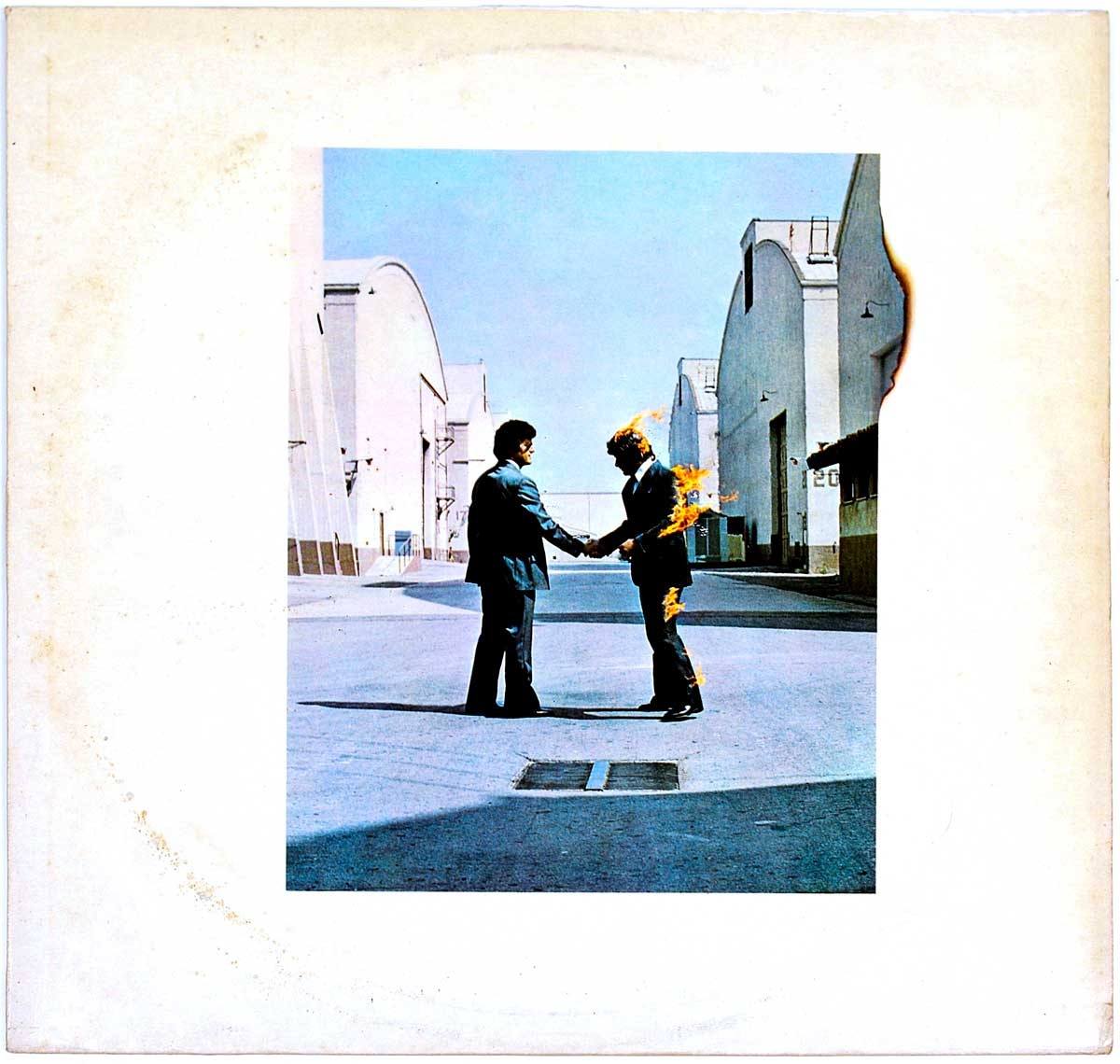September 12, 2025
Fifty years since Pink Floyd’s ‘Wish You Were Here’ – to the day!
Ladies and gents!
Today’s topic is going to be unexpected and a little out of the ordinary…
I know this won’t be of much interest to all my dear readers, but for some of you, it might bring on a wave of nostalgia – and maybe even a tear to a wrinkled (or, on the contrary, smooth and soft) cheek.
Here’s the thing: today marks the 50th anniversary of the release of the album Wish You Were Here by Pink Floyd!
// Photo by Jim Geuther, from here.
But first, here’s my “view from the Soviet Union” regarding this classic album and the era in which it was released…
Back in the late ’70s and early ’80s, foreign vinyl records on the black market would run you a hundred rubles or more – which, for perspective, was around a month’s salary for an engineer! So a record back then was pure, rare luxury. Music lovers would borrow them from their lucky friends – or rent them for a handful of rubles from acquaintances – to make reel-to-reel tape copies of them. And Pink Floyd records were especially prized. When I was in ninth or tenth grade at the math and physics school of Moscow State University, I got my hands on some such records and tapes. And Wish You Were Here is one I remember most. Still to this day I consider this musical masterpiece (and I’m not afraid to call it that) to be one of my favorite albums of all time.
Also, back in school, I learned English by listening to Pink Floyd (also The Beatles), since in lessons we were taught either German or “mathematical” English – which is a whole other story :-). Still, even today there are turns of phrase in their lyrics that I still can’t grasp – including lines from this album. For example: “you wore out your welcome with random precision”. I guess that’s something flowery about how Syd Barrett (see below) drove everyone to their limits. Or is it? Maybe muzo-philologists could explain it better?!
Anyway. If you listened to this masterpiece a long time ago but may have forgotten about it – go and refresh your memory. Or, if you’ve never heard of it – give it a shot: you might be surprised. There’s a real chance you’ll love it. I know folks who’ve discovered Pink Floyd as adults and love the band just as much as those who got into them in their youth…
Now, a few words about why this is a masterpiece – and why, curiously, it’s still relevant today…
First, there’s the album’s theme: Wish You Were Here is dedicated to the band’s former front man, Syd Barrett – a genius experimenter who, alas, lost his grip on reality not long after Pink Floyd made it big due to drugs causing a nervous breakdown. The album cover, with its handshake and the man on fire, has become almost a symbol for “burnout” – something widely discussed today; for, alas, mental health issues have hardly lessened over the last half-century (and instead seem to have only gotten worse).
Second, it’s a protest against the alienation and cynicism of the music industry (and really of everything else too). Welcome to the Machine is about a system that chews people up. And it feels like in the past 50 years, this “machine” has only gotten worse. So, if you ever get annoyed by the homogenous stream of today’s music, go have a listen to Wish You Were Here: an album with zero bowing to labels, trends, or recommendation algorithms. If Roger, David, Richard and Nick fancied doing eight minutes of melancholy instrumental – that’s what they recorded. And the result: awesome!
And finally, third: if you miss someone, or want to be with them but just can’t, the album Wish You Were Here (especially the eponymous track) is simply a waterfall of missing-you emotions.
So, come on – check it out! And happy anniversary – 50 years today! – to this legendary… musical monument. This album, especially on this day, needs to be celebrated – and listened to!…


